Project Description
The DAFNE project advocates an integrated and adaptive water resources planning and management approach that explicitly addresses the water-energy-food (WEF) nexus from a novel participatory and multidisciplinary perspective. This includes social, economic, and ecologic dimensions, involves both public and private actors and is socially inclusive, enhances resource efficiency and prevents the loss of ecosystem services in regions where large infrastructures exist or are being built and intensive agriculture is expanding. The DAFNE approach will be demonstrated by analysing two cross-boundary case studies, the Zambezi and the Omo river basins. DAFNE will allow a better understanding of the WEF nexus, and generate and explore alternative planning and management solutions based on the cooperation of public and private stakeholders, which foster the profitable but equitable use of resources without transgressing environmental limits or creating societal and/or stakeholder conflicts.
Project Website DAFNE press release
Project Partners
Politecnico di Milano, Italy
International Centre for Research on the Environment and The Economy (ICRE8)
KU Leuven, The Netherlands
The University Court of The University of Aberdeen (UNI ABDN), United Kingdom
Universität Osnabrück, Germany
ATEC-3D LTD, United Kingdom
African Collaborative Centre for Earth System Science (ACCESS), Kenya
Universidade Eduardo Mondlane, Mozambique
University of Zambia (UNZA)
Vista – Geowissenschaftliche Fernerkundung GmbH, Germany
University of Applied Sciences Stralsund (EIPCM cooperation associate)
Funding organizations

DAFNE is an EU project funded under the Call H2020 WATER 2015 (GA no. 690268).
Project Context
Project duration: 2016 – ongoing
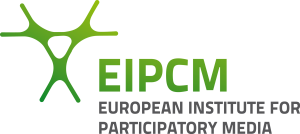
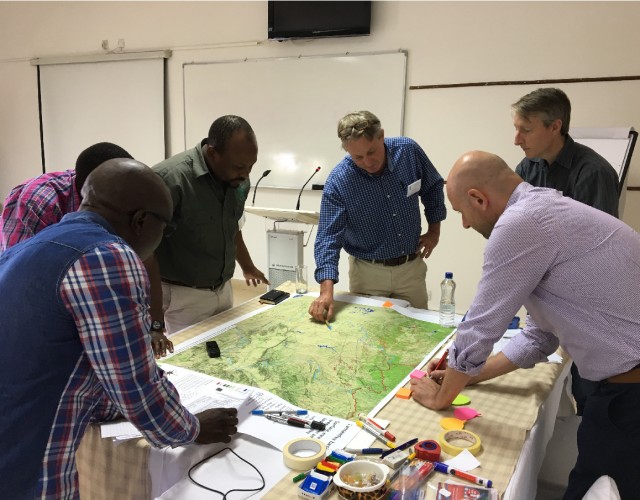
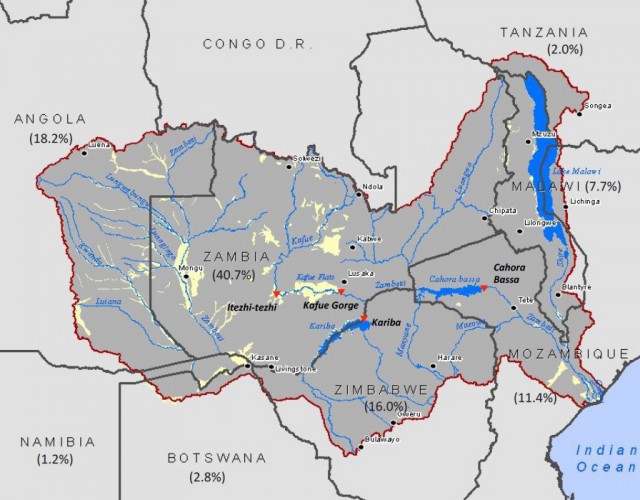
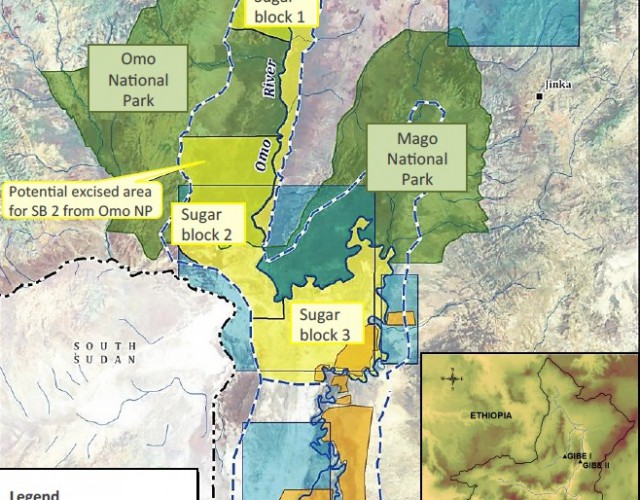


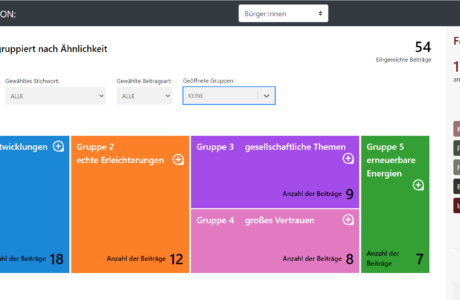
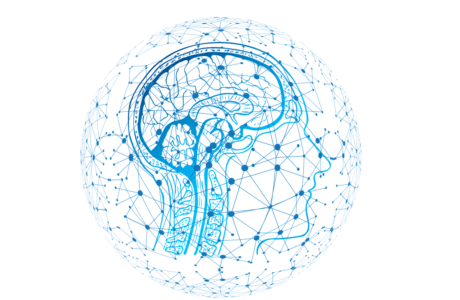
Comments are closed.